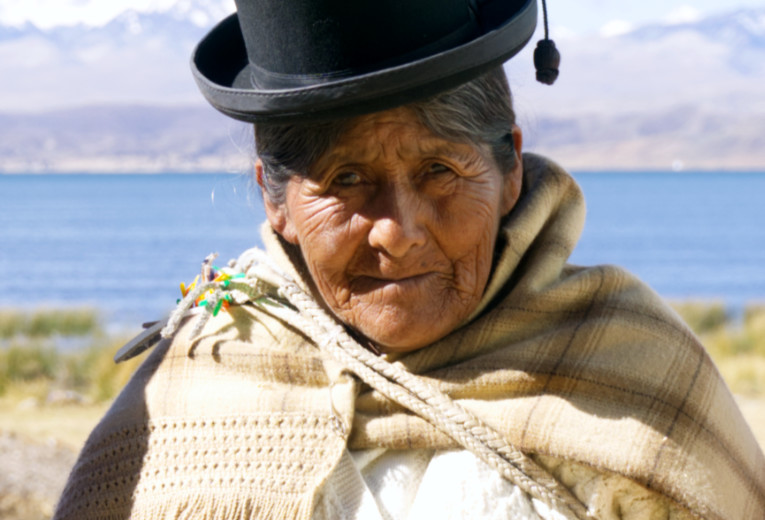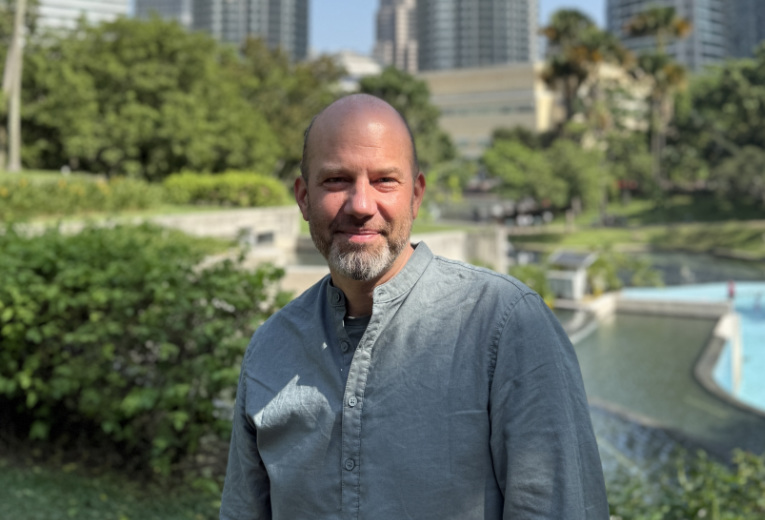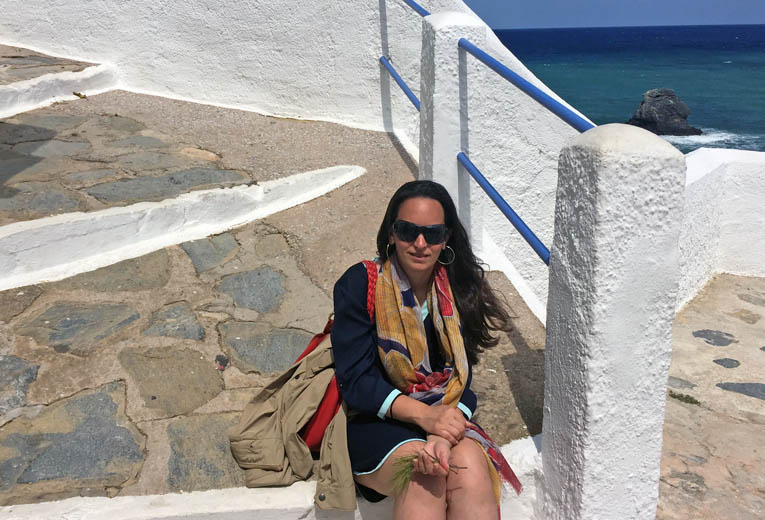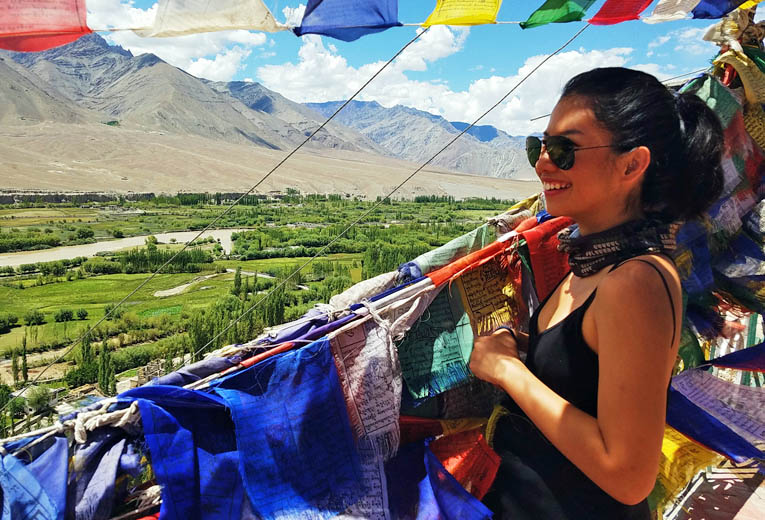9 August is the United Nations’ International Day of the World’s Indigenous Peoples.
Some of the world’s most advanced knowledge systems have been refined over millennia and are deeply rooted in ancient traditions. These time-tested wisdoms offer insights that modern science is only just beginning to understand and appreciate.
Guardians of the wetlands
The Apatani women of Arunachal Pradesh in India, for example, have long practised sustainable wetland management. Their traditional techniques, such as controlling the flow of water, maintain biodiversity and support agriculture.
Recently, these practices have been enhanced with modern tools such as GPS mapping and water quality monitoring. This demonstrates how ancient wisdom can be integrated with contemporary science to effectively conserve the environment.
This example highlights the importance of indigenous knowledge in tackling today’s environmental issues.
Tradition meets technology in the protection of nature
The Atayal people of Taiwan have preserved their intricate forest management and weaving traditions. They have been passed down through the generations.
Their deep understanding of seasonal cycles and natural materials informs their sustainable harvesting practices and land stewardship. Recently, indigenous groups have collaborated with researchers to document and digitally archive this knowledge. It ensures protection and continuation in the face of environmental change.
Integrating ancient skills with conservation
Another great example is the Hadzabe community in Tanzania. They use tracker training rooted in centuries-old skills to monitor wildlife. They now combine this knowledge with digital tools to map animal movements and safeguard biodiversity.
This demonstrates how ancient traditions and modern technology can work together to conserve ecosystems.
Learning from indigenous wisdom
These are the big ideas that I derive from the examples:
The Earth is a gift, not a commodity.
Wisdom is measured by how well life can thrive after us.
Knowledge is passed down through stories, songs and the changing of the seasons.
Indigenous ways of knowing teach us to see the Earth as a living partner.
I believe: A just future is built on the voices of those who have been silenced.








